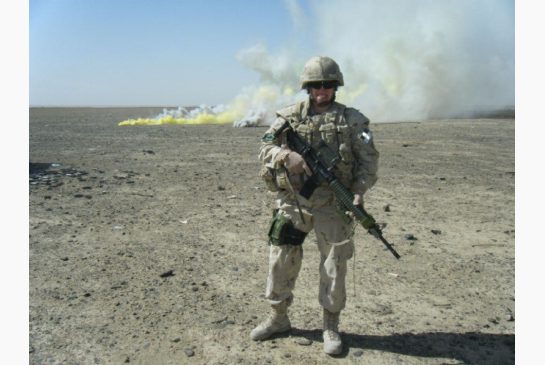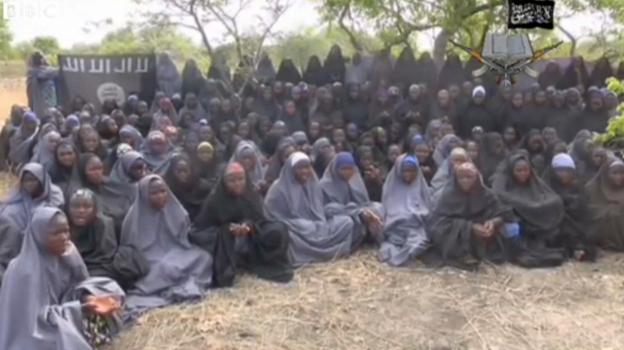Hannah Styffe argues why allowing female soldiers in the U.S. army the opportunity to fight on the front lines is long overdue.
Author: Hannah Styffe
As a bilingual graduate from McGill University with a double major in Political Science and History, Hannah is thrilled to be part of the NATO Council of Canada. Born and raised in Vancouver, BC her elementary and post-secondary schooling followed the french immersion program where she subsequently worked for The Best Western Hotel and HSBC Global Asset Management before moving to Montreal to pursue her undergraduate degree. It was by taking part in on-campus clubs such as Model UN and interacting with a culturally diverse international body of students that Hannah’s interests to the field of international relations and foreign affairs were reaffirmed. The topics that she is most interested in include American foreign policy, Arab-Israeli relations and Middle Eastern affairs. When she is not focusing on foreign affairs, she likes to spend her time traveling, having recently spent the past summer visiting England, Scandinavia and Russia. As the Nato Council of Canada is most closely aligned with her interests with regards to promoting cultural, political, and economic interaction between different states, Hannah is excited to be able to contribute to the NCC’s working environment and can think of no better organization that she would like to be a part of.
The Rise of Boko Haram and the Failed Promise to ‘Bring Back Our Girls’
Following the kidnapping of the 200 Nigerian school girls, international attention was heavily focused on their safe return home. Hannah Styffe explains why four months later and still in captivity, the promise made to ‘bring back our girls’ seems to have faded.


